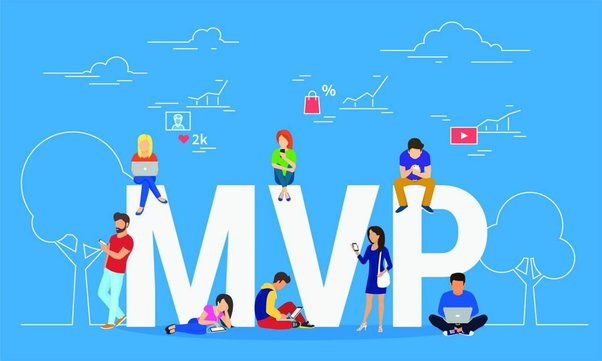Every student aspires to work in a career with a bright future. However, the vast majority of these attractive fields have challenging terrain that not everyone can go. These demanding assessments are referred to as entrance exams and competitive tests. Entrance exams are those that allow a student to get admission to a college or institute, whereas competitive exams are those that allow an applicant to obtain a job in the relevant industry. Well, they are now frequently used interchangeably.
Candidates might start vying for these entrance or competitive tests once they have completed their 12th grade. Even while preparation for programmes like engineering, MBBS, BDS, etc., begins in Class 9, a student is not eligible to sit for the necessary exams until they have completed their 12th year. It shows just how dedicated and focused one must be to pass such tests. You may learn more about these Entrance Examinations here.
After graduating from Class 12, students can choose from a range of traditional and non-conventional employment choices. After completing their 12th grade, students can take entrance exams for admission to their dream UG programme at top-tier universities offering degrees for the next era. After graduating from high school, there are numerous options to enrol in higher education for which applicants can sit for competitive tests. Here, you can find out more information about these tests. Students who wish to enrol in B.Tech programmes at various Goa-based colleges must pass the Goa Common Entrance Test – GCET. The test is administered by the Goa-based Directorate of Technical Education (DTE), and it typically takes place in June.
How to Make Entrance Preparation Better
- Verify your eligibility
Verify if you are qualified to take the exam before starting your preparation for an entrance or competitive exam. Verify, among other things, your age, gender, and educational background.
- Understand your curriculum
After confirming that you are eligible for the exam, you should completely familiarise yourself with the material.
- Make use of reliable study resources
Once you have a thorough understanding of the exam’s syllabus, you must gather reliable study materials. Find out which reference books are best for the exam you’re taking by asking your teachers, friends, or older people for recommendations. Online searches are another option.
- Create a study plan
Planning is an essential part of preparing for any kind of exam. Give each subject or sector equal time for exam preparation, taking into account the time given (including for revision and practice tests). Establish a weekly timetable and make an effort to concentrate on a different subject area each week.
- Boost your areas of weakness
After completing multiple sample papers, you will be able to identify the portion and area of the document that needs improvement. Plan more time to work on the weak points of your syllabus.
- Mock exams for preparation
Take as many practice examinations as you can after completing the course material, and then practise the exam questions from previous years. It will not only help you increase your performance and speed, but it also works well as a revision aid.
- Plan out your strategy well
A student must completely change their study strategy when preparing for an entrance/competitive exam as opposed to a board exam. This is partly because most exams are objective in character. Therefore, a little change in test-taking methodology is required for these tests. Create the necessary plans for your exam preparation as a result.
You may succeed on any entrance or competitive exam you take if you manage your anxieties throughout the exam and keep these tips in mind. You can easily pass the TNEA by paying attention to the preceding advice. Once a year, Tamil Nadu Engineering Admissions (TNEA) is held to choose applicants for the state’s numerous engineering institutes. Candidates can now simply apply for this entrance exam if they want to pursue their engineering degrees in the best engineering institutes in Tamil Nadu State. In terms of the exam, universities use TNEA as a screening tool to admit qualified applicants for a range of engineering degrees. All applicants who are Indian citizens are eligible to take this exam. Records show that every year, between 1.5 and 2 lakh people take this exam.












